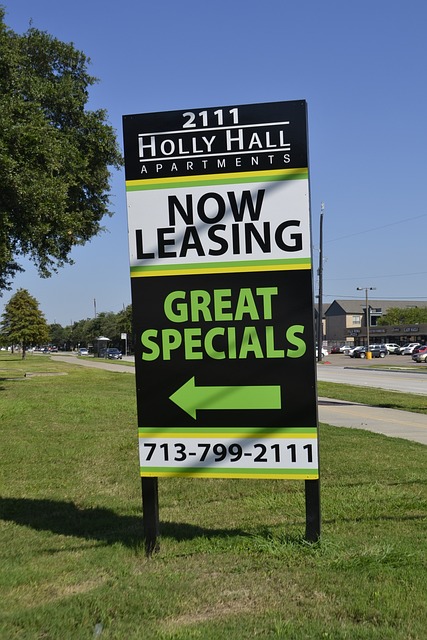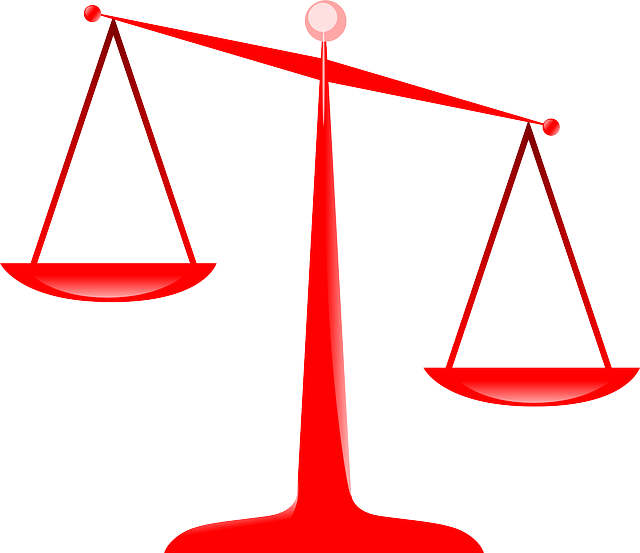Businesses facing lease renewal decisions must strategically weigh the benefits of maintaining asset ownership through leases versus reselling equipment for immediate capital gains. Lease renewal offers stability, predictable costs, and continued access to essential assets, ideal for consistent cash flow management. Resale provides swift cash injection but introduces unpredictable future acquisition costs. The optimal choice aligns with a company's financial strategy, cash flow demands, long-term asset retention vision, and environmental sustainability goals.
In today’s dynamic business landscape, understanding the pros and cons of lease renewal versus equipment resale is crucial for strategic decision-making. This article delves into these options, exploring key considerations like benefits and advantages, financial impacts, risk assessment, environmental factors, and more. By evaluating asset ownership transfer options, businesses can make informed choices that align with their long-term goals, mitigate risks, and enhance sustainability.
- Understanding Lease Renewal: Benefits and Considerations
- Equipment Resale: Advantages for Businesses
- Long-term vs Short-term Financial Impact
- Risk Assessment: Ownership Transfer
- Environmental and Sustainability Factors
- Strategic Decision-Making: Choosing Between Renewal and Resale
Understanding Lease Renewal: Benefits and Considerations

When considering lease renewal, businesses have a unique opportunity to maintain their current equipment while exploring options that align with their long-term goals. One of the primary benefits is the continued access to the asset, allowing for seamless operations and avoiding potential downtime caused by replacement or acquisition processes. This is especially advantageous for critical machinery or technology integral to daily functions.
Lease renewal often comes with flexibility in terms of contract amendments, such as adjusting lease terms, acquiring additional resources, or even transitioning to newer models. It provides businesses with the agility to adapt to changing market conditions and technological advancements. However, it’s essential to weigh these advantages against potential costs, including extended lease fees and the lack of direct asset ownership.
Equipment Resale: Advantages for Businesses

Equipment resale offers businesses a strategic alternative to lease renewal, providing several advantages that can support financial health and operational flexibility. One key benefit is the opportunity to regain asset ownership. Instead of tying up capital in long-term leases, selling equipment allows companies to monetize their assets and reinvest the proceeds into growth opportunities or operational upgrades. This can be particularly advantageous for businesses with fluctuating needs, as it offers the chance to scale back or acquire new equipment without immediate financial burden.
Additionally, equipment resale can enhance cash flow management. By selling assets, businesses gain access to a lump sum of money that can be used for various strategic purposes, such as funding research and development, expanding into new markets, or stabilizing operations during economic downturns. This liquidity is especially valuable for small and medium-sized enterprises (SMEs) looking to maintain competitiveness in a dynamic market environment.
Long-term vs Short-term Financial Impact

When considering lease renewal or equipment resale, understanding the long-term versus short-term financial impact is crucial for businesses. Lease renewal typically offers a predictable monthly cost over an extended period, providing stability and allowing businesses to budget effectively. This option can be advantageous for companies that want to maintain asset ownership and have consistent cash flow. However, at the end of the lease term, there might be additional costs or challenges associated with renewing or acquiring new equipment.
In contrast, equipment resale provides a quicker influx of capital by selling assets, which can significantly impact short-term financial goals. This option is ideal for businesses seeking immediate financial relief or those with a need to upgrade their equipment regularly. However, it may not offer the same level of predictability and stability as lease renewal in terms of future equipment acquisition costs. The decision between these options ultimately depends on an organization’s financial strategy, cash flow needs, and long-term goals regarding asset ownership.
Risk Assessment: Ownership Transfer

When considering lease renewal versus equipment resale, a critical factor in decision-making is the risk assessment associated with transferring asset ownership. If you opt for equipment resale, one advantage is the immediate offloading of financial responsibility for that asset, as the buyer assumes the cost and risks. This includes potential issues like unforeseen repairs or maintenance needs, which can vary greatly depending on the age and condition of the equipment.
On the other hand, lease renewal typically involves retaining ownership of the asset while gaining the benefit of ongoing use with fixed payment terms. While this provides stability, it’s important to note that any risks associated with future obsolescence or changing market values remain with you as the owner. Therefore, a thorough risk assessment is essential when deciding between these options, weighing the pros and cons in relation to your specific business needs and financial considerations regarding asset ownership.
Environmental and Sustainability Factors

When considering lease renewal versus equipment resale, environmental and sustainability factors play a significant role in decision-making. Asset ownership, whether through leasing or resale, has substantial implications for ecological impact. Leasing allows for regular asset updates, encouraging manufacturers to adopt more sustainable practices by offering newer, eco-friendly models. This approach can lead to better overall environmental performance, as resources are used more efficiently and waste is potentially reduced.
On the other hand, equipment resale promotes a circular economy model, where assets are reused and given new life. This reduces the demand for new manufacturing, cutting down on energy consumption and emissions associated with production processes. Resale also shifts responsibility for asset disposal back to the original owner, ensuring proper recycling or repurposing methods are employed, which is crucial for managing e-waste and other environmental hazards related to obsolete equipment.
Strategic Decision-Making: Choosing Between Renewal and Resale

When considering the future of your equipment, strategic decision-making involves a careful evaluation of two primary options: lease renewal or equipment resale. The choice between these paths significantly impacts financial health, asset management, and operational continuity.
Renewing a lease provides ongoing access to necessary equipment, ensuring business operations remain uninterrupted. It’s ideal when the technology aligns with current needs and future projections, offering convenience and potentially saving on upfront costs associated with resale. However, it ties up capital in long-term leases, limiting flexibility should technological advancements render the equipment obsolete quicker than expected. In contrast, selling assets through resale frees up capital tied to equipment ownership, allowing for reinvestment into cutting-edge technology or other strategic business areas. This path is advantageous when technology evolves rapidly and businesses want to avoid being stuck with outdated gear.






